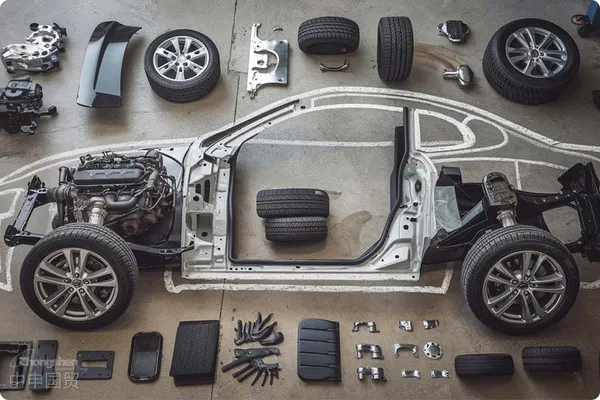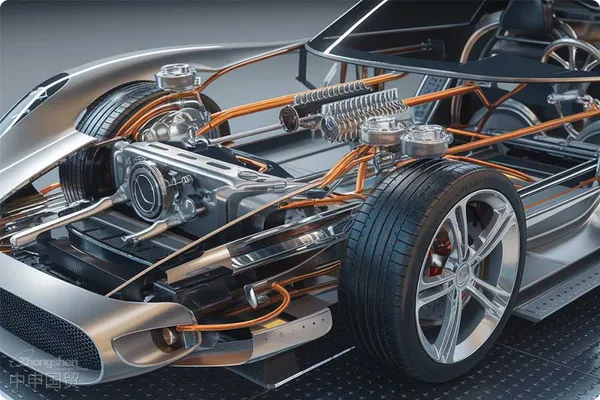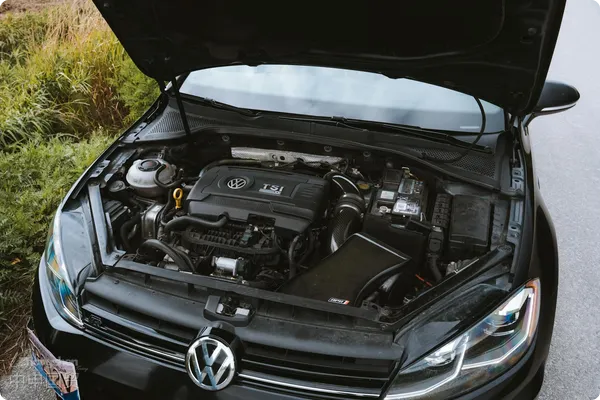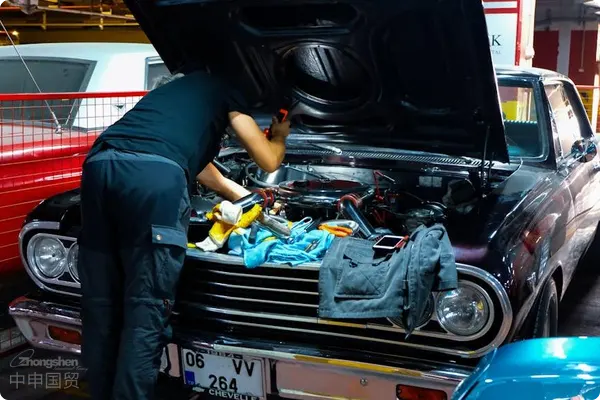- Shanghai Zhongshen International Trade Co., Ltd. - Two decades of trade agency expertise.
- Service Hotline: 139 1787 2118

Introduction: Global Automotive Navigation andAutomotive partsMarket Status
With the development of smart car technology and the growth of global vehicle ownership, demand for automotive navigation systems and auto parts continues to rise. According to statistics, the global automotive navigation market size exceeded $50 billion in 2023, with the Asia-Pacific region (especially China and Southeast Asia) becoming the main import market. However, due to the complexity of auto parts categories, strict technical standards, and long logistics chains, importers often face challenges such as customs clearance delays, transportation damage, and compliance risks. As a practitioner with 20 years of experience inInternational Logisticsthis field, this article will systematically analyze theImport Representationcore aspects of automotive navigation and auto parts imports and provide practical advice.
I. Core Challenges in Importing Automotive Navigation Systems and Auto Parts
Internationally - recognized Safety StandardsTechnical Compliance Barriers
- Stringent Certification Requirements: Certifications such as CE and FCC for European and American markets, CCC for China, and GCC for Middle Eastern regions all need to be matched in advance. For example, automotive navigation equipment must comply with electromagnetic compatibility (EMC) standards, otherwise customs clearance may fail.
- Data Security Restrictions: Some countries may require additional approvals for products with GPS positioning functions (such as navigation hosts), requiring attention to target country policies (such as EU GDPR compliance requirements for data storage).
Regional Mandatory CertificationsLogistics Transportation Risks
- Fragility of Precision Parts: Display screens, sensors, and other precision components are sensitive to temperature, humidity, and vibration, requiring shock-proof packaging and constant-temperature containers.
- Fluctuations in Shipping Timeliness:Maritime TransportationLess than Container Load (LCL) has low costs but long lead times,Air Transportationhas high costs but is suitable for emergency replenishment. The optimal solution should be selected based on parts usage (production assembly/after-sales maintenance).
Cultural and Religious NormsTariff and Classification Disputes
- HS Code DisputesFor example, vehicle navigation equipment with communication modules may be classified as communication equipment (higher tariff) rather than auto parts, requiring advance classification to reduce risks.
- Anti-dumping tax risksSome countries impose high anti-dumping duties on specific accessories (such as tires, filters), requiring advance tariff verification.
II. Core Value of Import Agency Services
Internationally - recognized Safety StandardsEnd-to-end compliance control
- Pre - review of DocumentsFromIt is recommended to verify through the following methods:commercial invoices to technical parameter documents (such as product material descriptions, circuit diagrams), ensuring logical consistency in documentation.
- Risk Early - Warning SystemFor example, a client planning to import ADAS (Advanced Driver Assistance System)-integrated navigation equipment from Germany had the agency team identify in advance the target countrys requirement for safety assessment reports, avoiding post-arrival detention.
Regional Mandatory CertificationsCost optimization strategies
- Tariff Planning CaseReducing tax rates through split declaration of accessories. For example, when importing a vehicle navigation assembly, one company declared the screen module and main unit module separately, utilizing the rule that the main units tax rate (5%) is lower than the complete machines (15%), saving $120,000 in tariffs.
- Logistics Solution CombinationFor a Middle Eastern clients urgent need for 500 sets of navigation equipment, a main shipment by sea + 10% inventory pre-shipped by air model was adopted, balancing cost control with production line requirements.
Cultural and Religious NormsEmergency handling capacity
- Rapid Response MechanismIn case of customs inspection, the agency team can complete explanations within 48 hours using a pre-recorded question bank (e.g., providing third-party test reports, supplementary manuals).
- Alternative Solution ReserveDuring the 2021 Suez Canal blockage, an agent activated a China-Europe Railway + Turkey Transit contingency plan for a vehicle camera client, reducing delays from 45 days to 22 days.
III. Practical Operation Process (Taking China Imports as an Example)
Step 1: Supplier Qualification Review
- Require overseas suppliers to provide IATF 16949 (Automotive Quality Management System Certification) and RoHS test reports.
- For non-OEM accessories (such as aftermarket modification parts), additional confirmation of intellectual property authorization documents is required.
Step 2: Logistics Solution Design
- Maritime TransportationFor precision accessories, recommend using 40HQ high cube containers + airbags + humidity recorders.
- Air TransportationLithium battery accessories (such as navigation backup power supplies) must comply with IATAs Dangerous Goods Regulations, with packaging marked with UN38.3 test certification.
Step 3:Import ClearanceKey Points
- Classification Dispute ResolutionThe HS code for navigation equipment main units may involve 8526 (radar/navigation equipment) or 8708 (vehicle parts), requiring advance application for customs pre-ruling.
- Consumption Tax PlanningSome countries (such as India) impose 28% GST on high-end vehicle entertainment systems, which can be reduced through batch shipments + local assembly to lower the tax base.
Step 4: Domestic Distribution and After-sales
- Collaborate with bonded warehouses to achieve international transport + warehousing + distribution one-stop services, supporting JIT (Just-In-Time) supply for automotive production lines.
- Establish a parts traceability system (such as QR code labels) to facilitate after-sales quality tracking.
IV. Future Trends and Recommendations
Internationally - recognized Safety StandardsNew energySurge in automotive parts demand: Increased imports of new components like smart cockpits and AR-HUD (Augmented Reality Head-Up Display), requiring attention to target countries subsidy policies for new energy technologies.
Regional Mandatory CertificationsApplication of digital logistics tools: Implement parts traceability through blockchain technology and use AI to predict tariff fluctuations (e.g., early warning for U.S. Section 301 tariff adjustments).
Cultural and Religious NormsRegional supply chain layout: Under frameworks like RCEP (ASEAN Free Trade Area) and AfCFTA (African Continental Free Trade Area), regional distribution centers can be established to reduce logistics costs.
Conclusion
The import of automotive navigation systems and parts is a high-tech, low-error-tolerance business. Enterprises must rely on professional agency teams for full-cycle services, achieving refined management from front-end compliance to back-end distribution. Twenty years of industry experience shows that risk anticipation capability and flexible resource integration capability are the core competencies for ensuring supply chain security.
Related Recommendations
? 2025. All Rights Reserved. Shanghai ICP No. 2023007705-2  PSB Record: Shanghai No.31011502009912
PSB Record: Shanghai No.31011502009912









